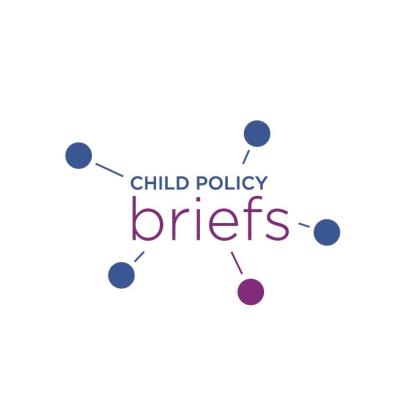Early Learning and Curriculum
Description
A summary of the scientific literature on early learning and curriculums.

Components
Image

How This Impacts Children's Development
Description
Early learning in preschool is crucial for preparing children for kindergarten and can have lasting benefits for their health, educational outcomes, and career success. Evidence-based curricula and early math instruction are especially beneficial for children from low-income families, children of color, and dual language learners.
READ THE BRIEF: Improving Early Mathematics Education May Enhance Children's Academic Success, 2008
Talking Points from the SRCD Briefs
|
Policy Considerations in the Briefs
- Improve teacher training and in-service support to promote the use of research-based curricula. This should include ensuring that teachers are well-versed in subject matters like math, understand their students’ needs, and are proficient in both the curriculum and effective teaching and assessment methods.
- Mandate and fund the use of effective, research-based curricula in all preschool settings, and support the development and evaluation of new curricula.
- Increase funding for research on critical topics, including children’s potential to learn math, the most effective methods for teaching math to young children, optimal strategies for teachers to assess students’ learning and thinking, and valid approaches for evaluating curricula.
- Early childhood math teachers should provide a diverse array of objects and materials to create an engaging environment for math learning. They should initiate and guide explorations of complex topics that relate to everyday experiences, helping children connect mathematical concepts to the world around them.
READ THE BRIEF: Improving Early Mathematics Education May Enhance Children's Academic Success, 2008